Why Naira won’t stop bleeding, and dollar racing beyond our reach
The econometrics of foreign trade should normally not trouble ordinary folks who just want to buy stuff at prices affordable to them. But the reality of the time has made emergency economists of most Nigerians. I recently overheard a petty trader giving crash lessons on international trade to some of his colleagues. And he was on point.
Nigerians are understandably agitated on why prices are unstable, trending upwards sometimes in double digit. They pay an extra 31 per cent on food, as of September. They’ve also been paying more than 250 per cent on transportation since President Bola Ahmed Tinubu announced an end to the fuel subsidy regime. So, when they asked why the quality of their lives is on the decrease, only to be told that the dollar is to blame.
The dollar-Naira interplay
When you trade with other countries, the dollar comes into play. Why? The dollar is the reserve currency of the world. The reason being that it is one of the most stable currencies, plus the size of the U.S. economy gives it that right.
Nigeria imports most consumer goods – from tooth pick to refined oil – thereby exacerbating pressure on the scarce dollar earned through sales of crude.
Toyota Land Cruisers from Japan
Recently, lawmakers who claim to be serving ordinary folks decided to purchase for themselves Toyota Land cruiser SUVs.
The 360 units of foreign-made SUVs they ordered from Toyota in faraway Japan, will cost taxpayers about $58 million of scarce foreign exchange to fund. In Naira terms, it’s over N57 billion. The money could set up one standard health facility in each of the 36 States. The scarce foreign exchange could also have added more strength to the assembling prowess of Innoson Motors, GIC Motors, JAC Motors, etc. But the lawmakers have their own priorities, and it appears encouraging local businesses and strengthening the Naira is not one of them.
Oil theft
The dollar has become chronically scarce, since 90% of Nigeria’s foreign exchange comes from the oil sector. And that sector is bleeding due largely to massive oil theft.
This year, Nigeria’s average oil output is about 1.22 million barrels per day as against the expected output quotas 1.8 million barrel per day.
To increase output, the federal government handed over the security of the country’s crude oil assets to ex-militant warlord, Government Ekpemupolo, aka Tom Polo, at the rate of N48 billion. This effectively sent the Navy, Air Force, Army, DSS and Civil Defence operatives on a long recess.
First thing first
To jolt the Naira back to life will require a combination of economic activities. But first thing first. The broken system which allows people like Tom Polo to be trusted more than Nigeria’s security agencies, must be fixed. Such a reform could have a positive motivation to financial investors, which include portfolio investors (hot money) and foreign direct investors (corporations that wish to set up operations in Nigeria). This is because Nigeria has been trending in the negative on this score.
Then, the biggest elephant in the room – corruption, must be tackled, not a knee-jerk approach as has been the case. How do we put policies and laws to discourage corrupt officials from looting the treasury in Naira and converting same to dollars for their savings?
Like a senior lecturer at the department of Economics, University of Nsukka, Joseph Amuka once told me in 2017, “In Nigeria, there are other perspectives that determine the price of foreign currencies – speculation and corruption.”
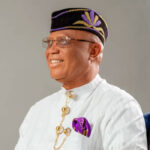


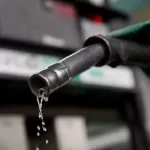


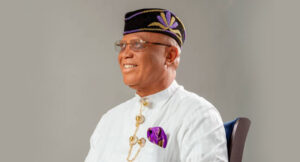

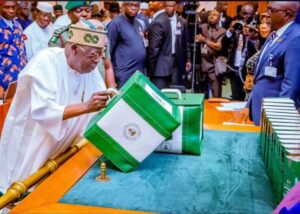
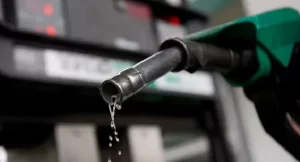
More Stories
Why Burkina Faso’s Ibrahim Traore has captured hearts and minds around the world
Oby Ezekwesili: The fighter for social justice, women rights
#EndBadGovernanceInNigeria protest: The roar of hungry Nigerians